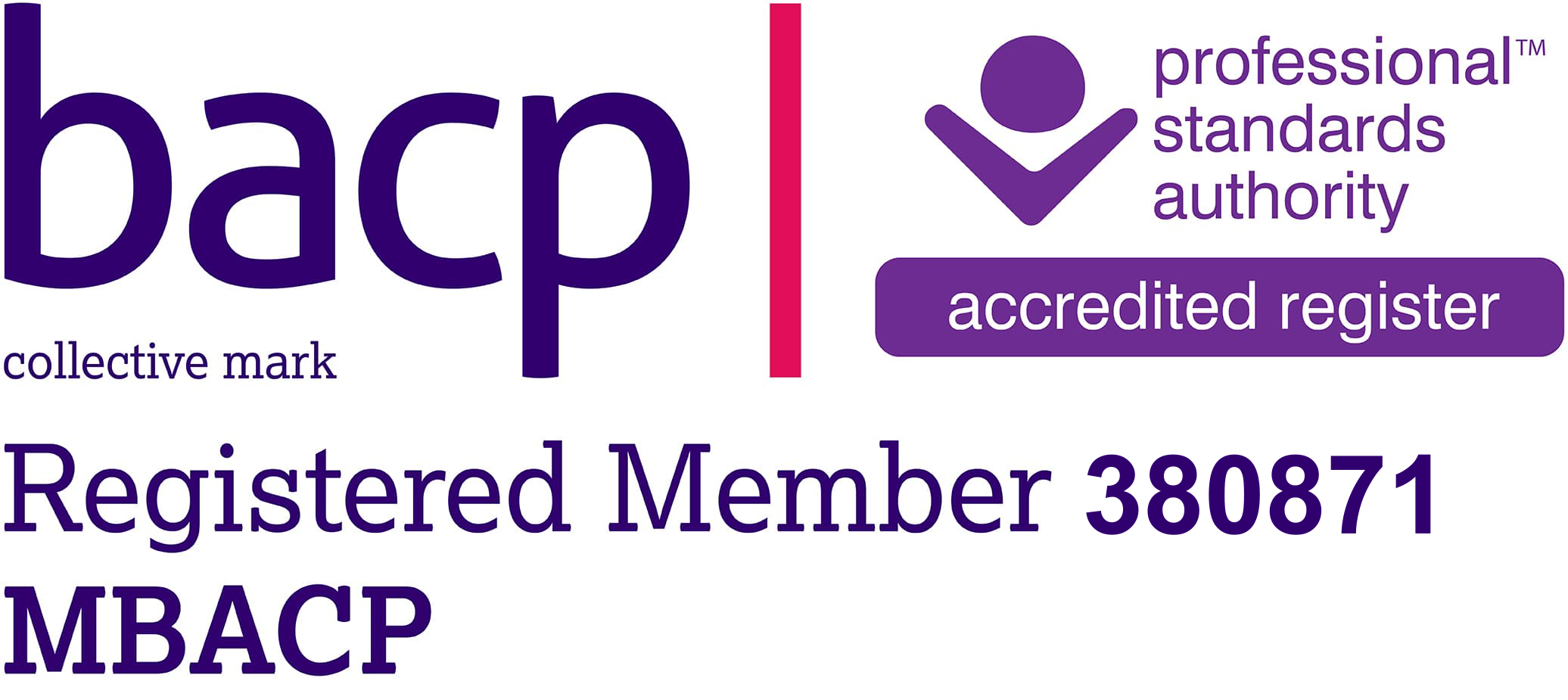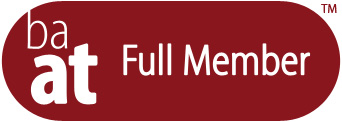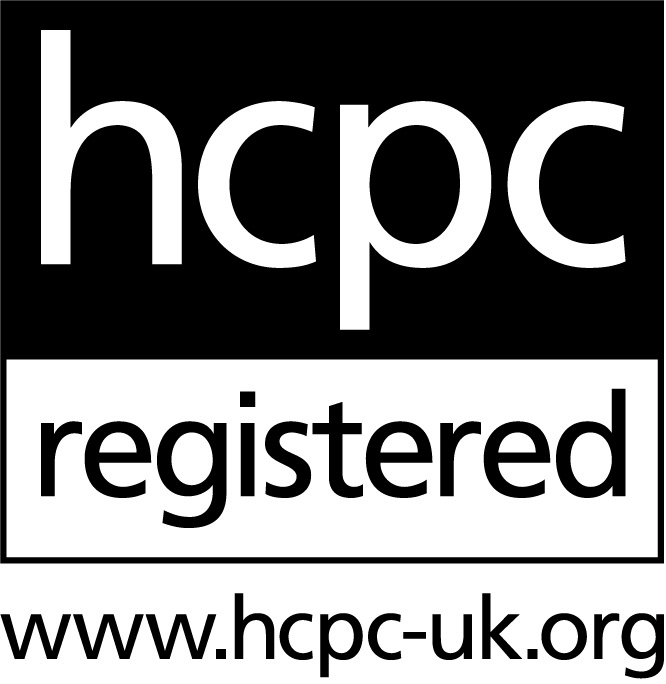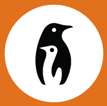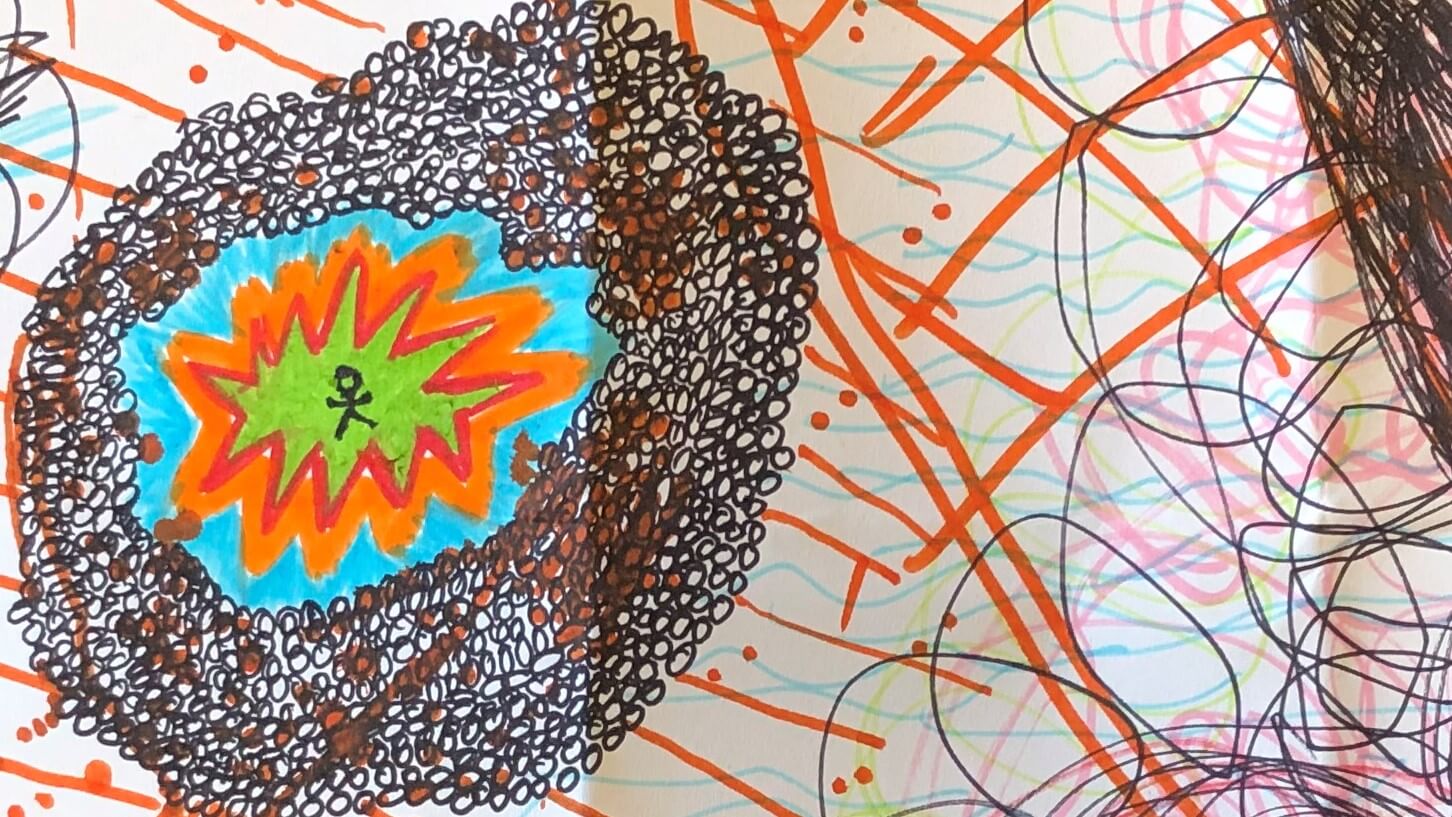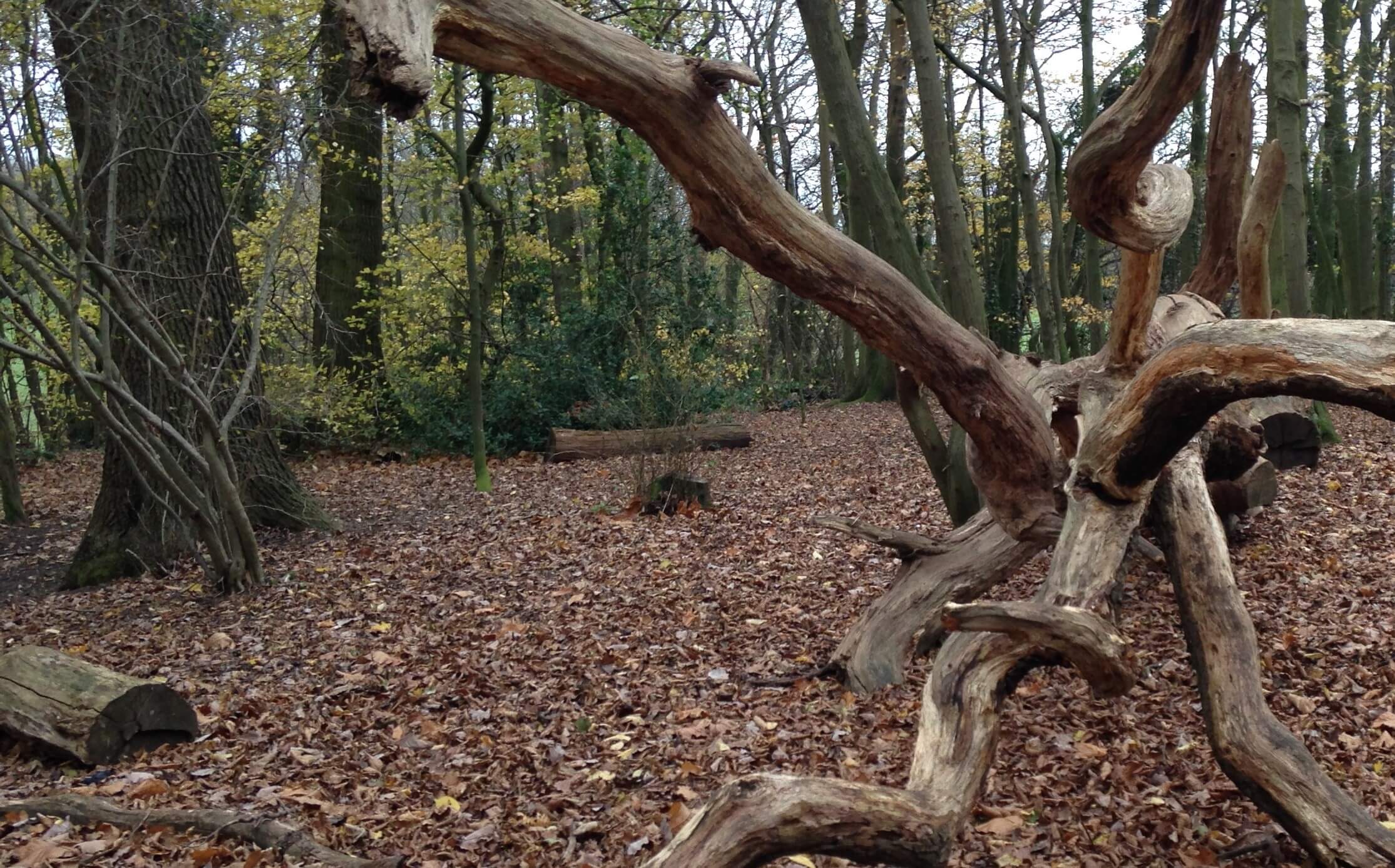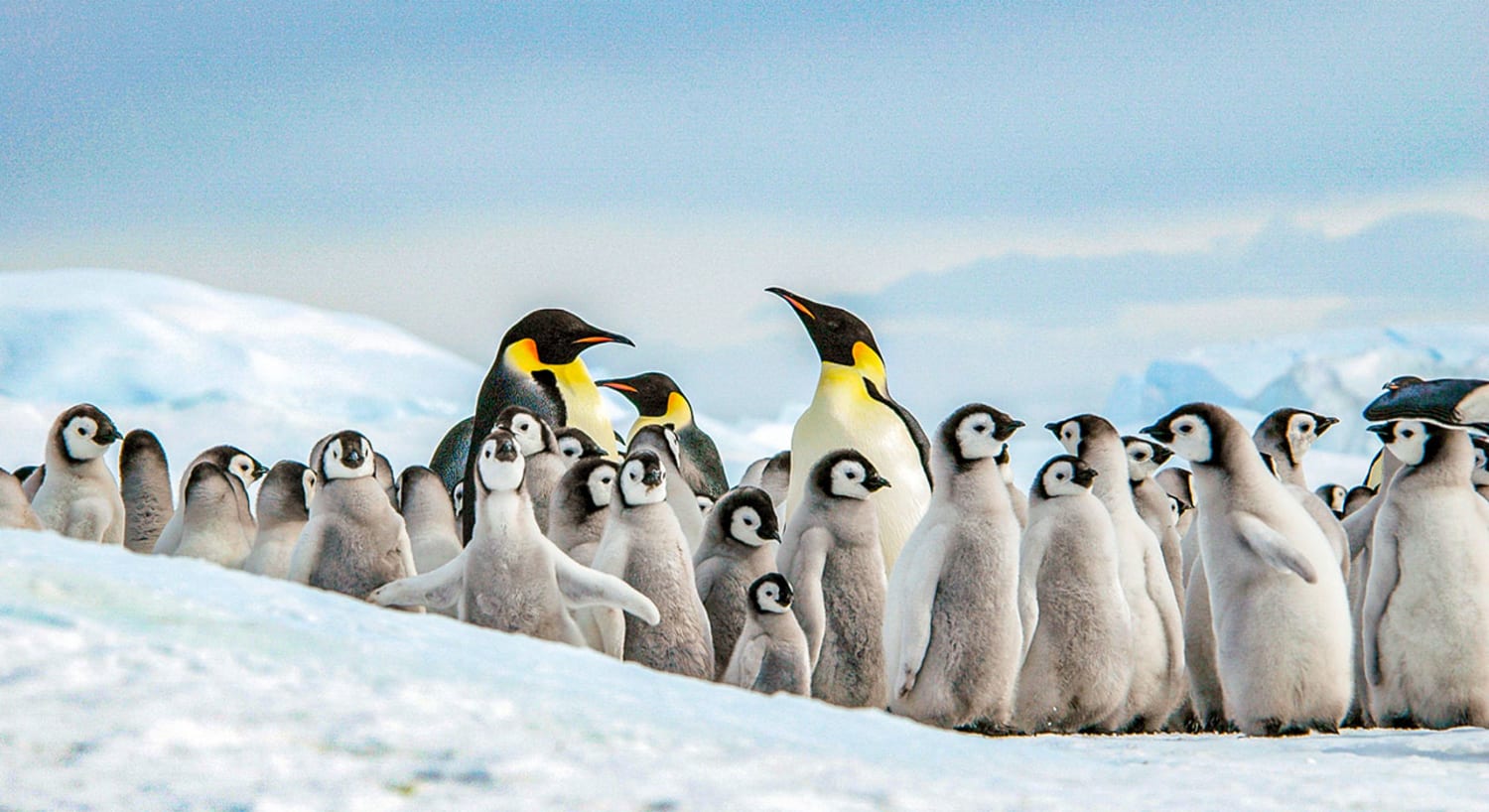Who I am
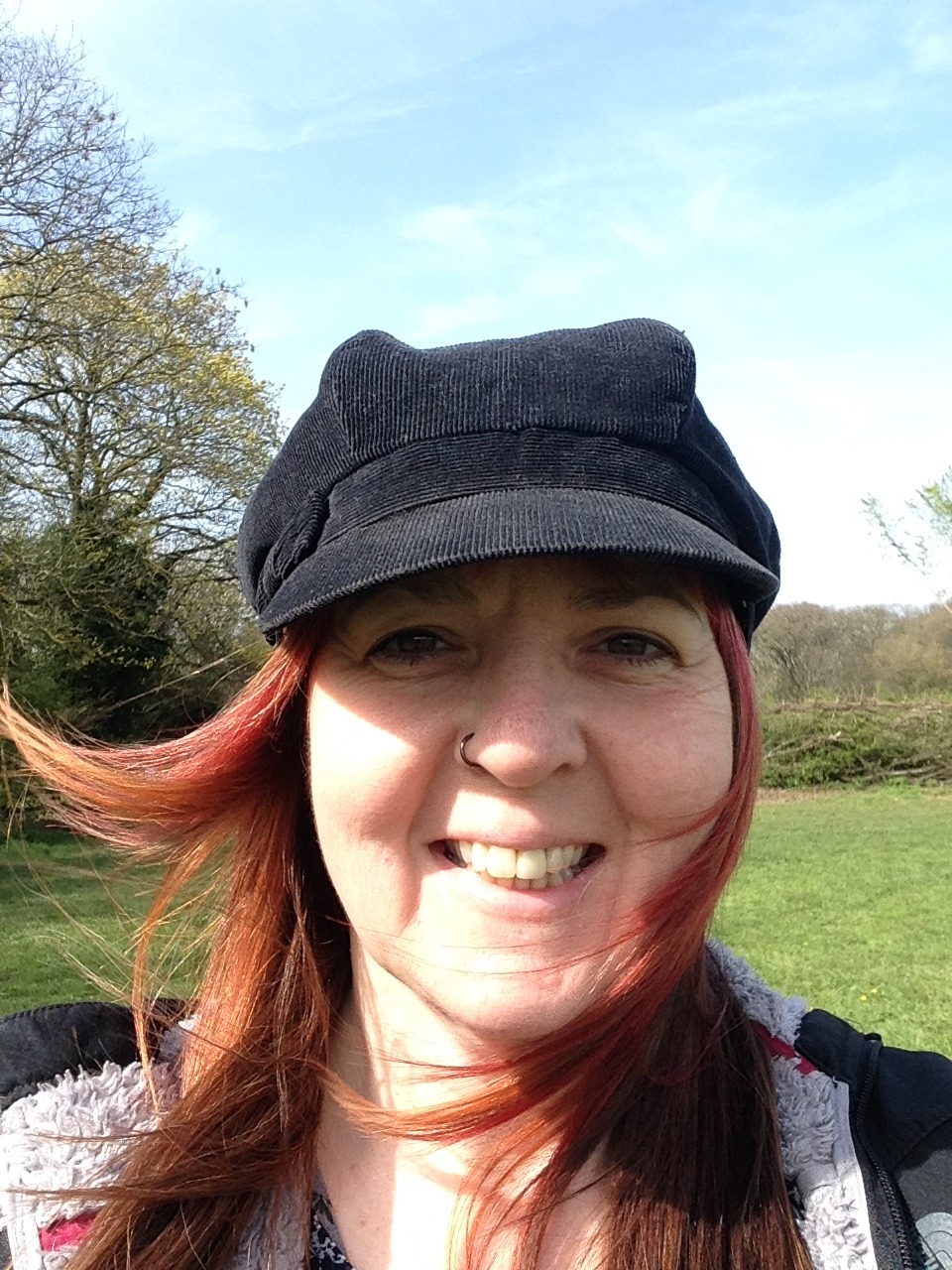
Hello, my name is Tanya and I have worked for over 20 years in health and social care, working in various settings with children, young people and families. More recently, I have been working for a local counselling charity and the NHS with adults in an outpatient setting.
At home I have my own workshop where I work with found objects, including welding scrap metal. These items I have found when out walking with my dog near my home or washed up at the beach. I am passionate about the environment, wildlife and how human activity, including my own, contributes to climate change, for better or worse.I am a qualified Integrative Arts Psychotherapist, a registered member of the British Association for Counsellors and Psychotherapists (BACP), the British Association of Art Therapists (BAAT) and the UK Council for Psychotherapists (UKCP) and registered with the Health and Care Professions Council (HCPC).
